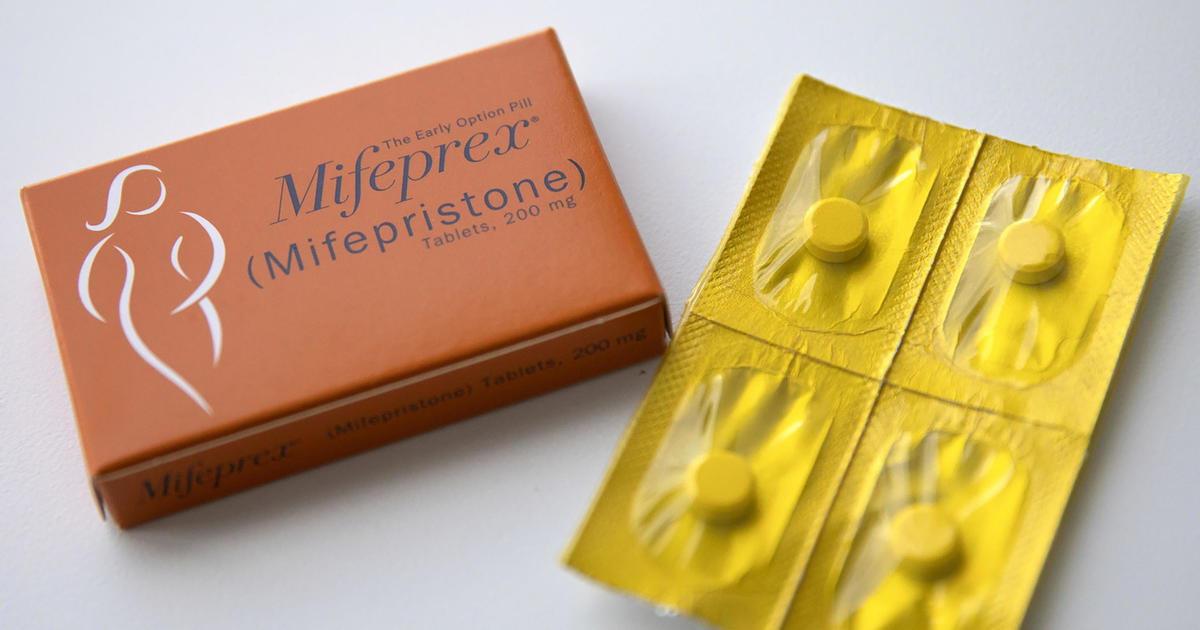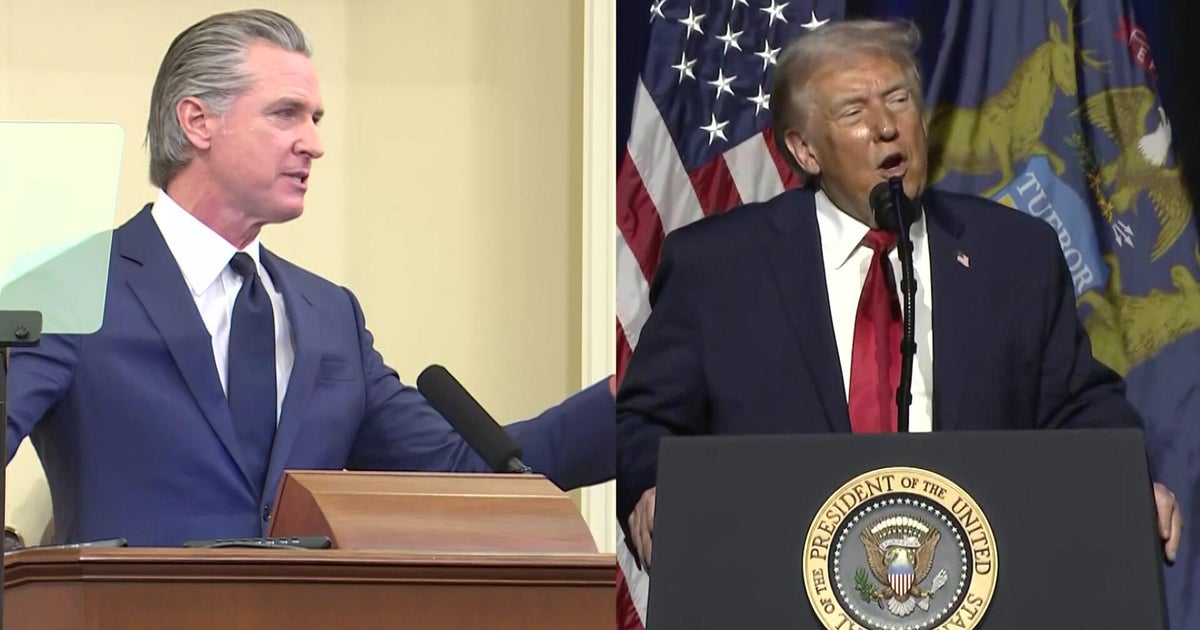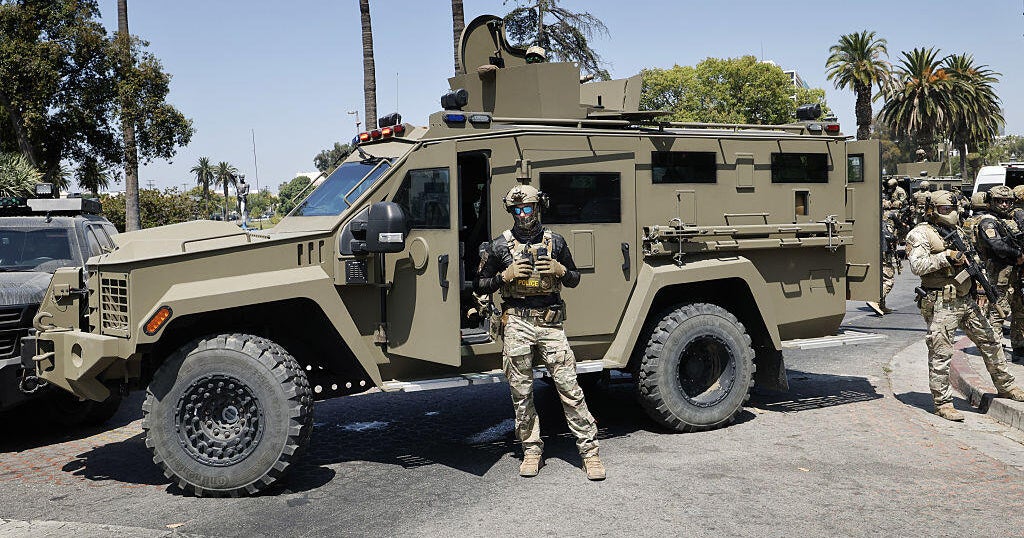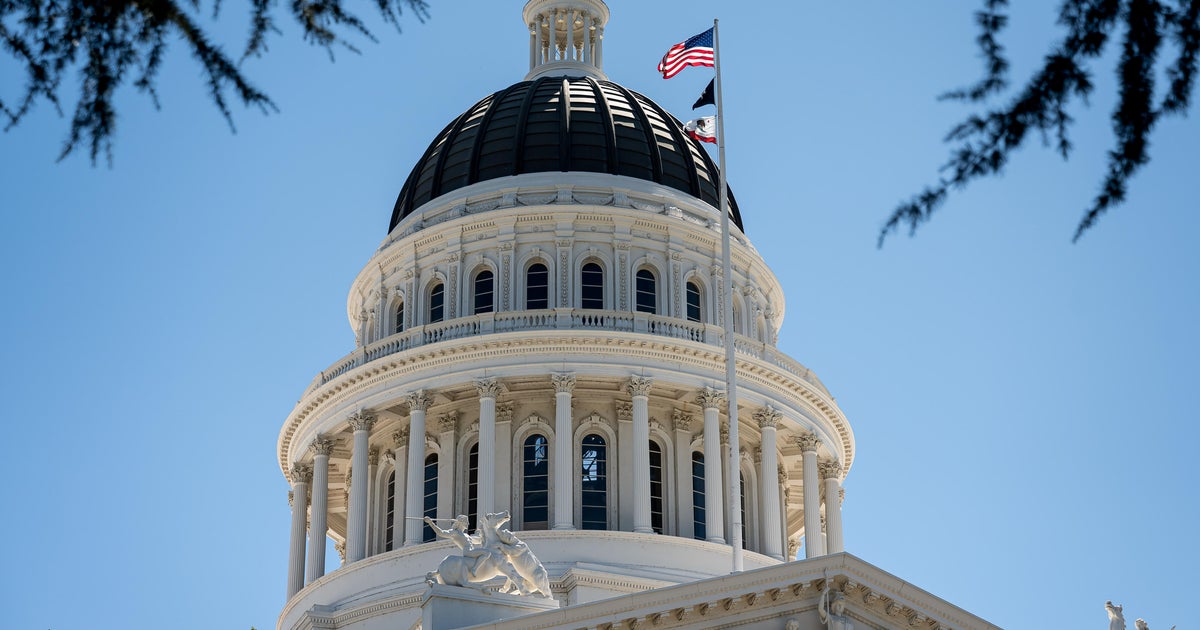California lowriders free to cruise after bans come to an end
The lowriding community in California is celebrating after a ban has been lifted on lowriders.
Gov. Gavin Newsom signed Assembly Bill 436 in October, prohibiting lowrider bans and anti-cruising ordinances across the Golden State. The law was enacted on Jan. 1.
Cruising was outlawed decades ago, and critics say the ban was aimed at lowriders — classic cars whose hydraulic suspensions allow them to hug the asphalt, or make them bounce — as the culture developed a bad reputation through associations with gangs and drug dealing in the late 80s and 90s.
Those critics of the law say it was discriminatory as the majority of lowriders were, and are, Black and Latino.
"Racial stereotyping always plays a role in laws that are targeting …working-class communities or communities of color," Denise Sandoval, a professor of Chicana and Chicano Studies at California State at Northridge, told CBS' Natalie Morales.
Proponents like Sandoval have long said that those connotations are outdated, and that now, lowriders are much more family-friendly and inclusive.
"When you look at the '90s and sort of the attacks on our community [from law enforcement]… that was sort of the fear of gangs. But lowriders are not gang members," she said.
"When you talk to a lowrider and you ask them, 'what does it mean to be a lowrider?' they say, well, 'it's about heart, it's about pride, it's about family.'
"Not just your blood family, but your community also as family."
A lowrider quinceanera
Chino Vega is at the heart of the lowriding community in the San Fernando Valley. He's been building and painting lowriders for 30 years, and driving them for longer.
Back in the day, Vega said he and fellow car club members would routinely get ticketed, or even have their rides impounded.
"I remember in the early '90s, at one point they closed down [San Fernando Valley thoroughfare] Sepulveda Boulevard. They closed down like five blocks.
And everybody inside got a ticket, everybody that was inside."
But things have changed. Now, Vega said his whole family is part of the community.
He remembers building his son a lowrider pedal car from a vintage tricycle when he was a toddler, and his daughter had a lowrider-themed quinceanera.
He says lowriding has become a more wholesome affair, with whole families going out to cruises.
As dusk falls, a parade of chromed up cars roll down the wide boulevards. Low-slung or raised up, hopping, riding along on three wheels, scraping the asphalt to produce a shower of sparks.
"A lot of people, they go to the cruise spots and we literally make a day out of it," he says.
"We take our chairs, we sit down and stay there. When we see the cops now we have to pick up all our stuff and leave, I don't think we have to do that anymore."
Part of that increased inclusivity is creating a space for female expression in the lowrider community.
Sandoval says that there are more women getting into lowriding and forming their own car clubs.
"Lowriding has [long] been a masculine activity," Sandoval said. "But the changes that I've been seeing in these last five years is that women are just starting their own clubs … women are creating space for themselves."
Now, lowriders of all stripes can freely express their culture, free of fear of discrimination or prosecution.





